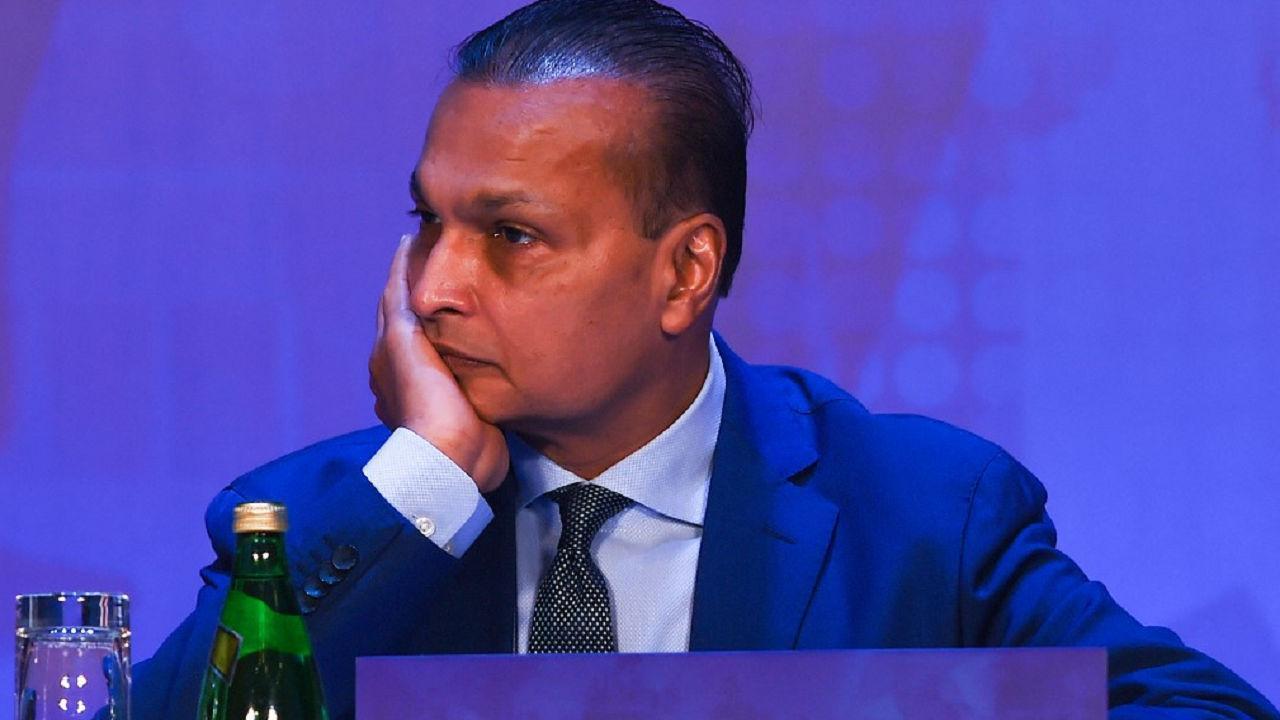The amount over Rs 4,600 crore, including interest, comes as succour for the beleaguered group to repay its debt.

Anil Ambani. File Pic
Reliance Infrastructure Ltd on Thursday won a four-year battle for control of money from an arbitration award. The Supreme Court dismissed a plea by Delhi Metro Rail Corporation challenging an arbitration award in favour of Reliance Group, ADAG, led by Anil Ambani, following a dispute on running of Delhi Airport Express Metro line.
ADVERTISEMENT
The top court said the Delhi High Court was not right in interfering with the award of May 11, 2017 passed in favour of the DAMEPL, a subsidiary of Reliance Infrastructure. A bench of Justices L. Nageswara Rao and S. Ravindra Bhat said: "We set aside the findings of the High Court and uphold the award by the Tribunal in respect of the computation of Termination Payment under Clause 29.5.2..."
The amount over Rs 4,600 crore, including interest, comes as succour for the beleaguered group to repay its debt. In its 54-page judgment, the bench added: "The appeal filed by the DAMEPL (Delhi Airport Metro Express Pvt Ltd) is allowed and the judgment of the Division Bench of the High Court is set aside. The Appeal arising out of SLP... 2019 filed by DMRC is dismissed."
In May 2017, the arbitral tribunal, in its award, had accepted the DAMEPL's claim that the running of operations on the line was not viable due to structural defects in the viaduct through which the train would run. The bench said that the arbitral tribunal, in its award, has clearly held that DMRC failed to cure the defects before the expiry of 90 days from the initial notice laying down the non-exhaustive list of defects. The bench said: "The conclusion of the Division Bench that the award of the Arbitral Tribunal suffers from patent illegality and shocks the conscience of the court is held to be erroneous."
Also Read: Sensex, Nifty open on choppy note; IT stocks tumble
The bench said the members of the arbitral tribunal, nominated in accordance with the agreed procedure between the parties, are engineers and their award is not meant to be scrutinised in the same manner as one prepared by legally trained minds. "Several judicial pronouncements of this court would become a dead letter if arbitral awards are set aside by categorising them as perverse or patently illegal without appreciating the contours of the said expressions," it noted.
Senior advocate Harish Salve, appearing for the DAMEPL, had submitted that the high court committed an error in setting aside the award of the arbitral tribunal by deviating from the well-settled principles for interference under Sections 34 and 37 of the 1996 Act. He had argued that the findings recorded by the arbitral tribunal in relation to the existence of defects in the civil structure and failure on the part of the DMRC in curing those defects/not taking effective steps to cure the defects are findings of fact which cannot be made subject to review by the court exercising its jurisdiction under Section 34.
DMRC counsel supported the judgment of the division bench of the high court by arguing that the award is contrary to public policy. In August 2008, a joint public private partnership to build, operate and run the airport express line was made between the DMRC and the DAMEPL. The partnership, however, was broken after some defects surfaced in the line which were allegedly not cured by DMRC. Citing safety issues, the DAMEPL then pulled out from running the metro line and took the matter for arbitration, where it won an award in its favour. The tribunal asked DMRC to pay nearly Rs 3,000 crore, along with interest. Since 2013, the DMRC has been running the line.
This story has been sourced from a third party syndicated feed, agencies. Mid-day accepts no responsibility or liability for its dependability, trustworthiness, reliability and data of the text. Mid-day management/mid-day.com reserves the sole right to alter, delete or remove (without notice) the content in its absolute discretion for any reason whatsoever
 Subscribe today by clicking the link and stay updated with the latest news!" Click here!
Subscribe today by clicking the link and stay updated with the latest news!" Click here!







